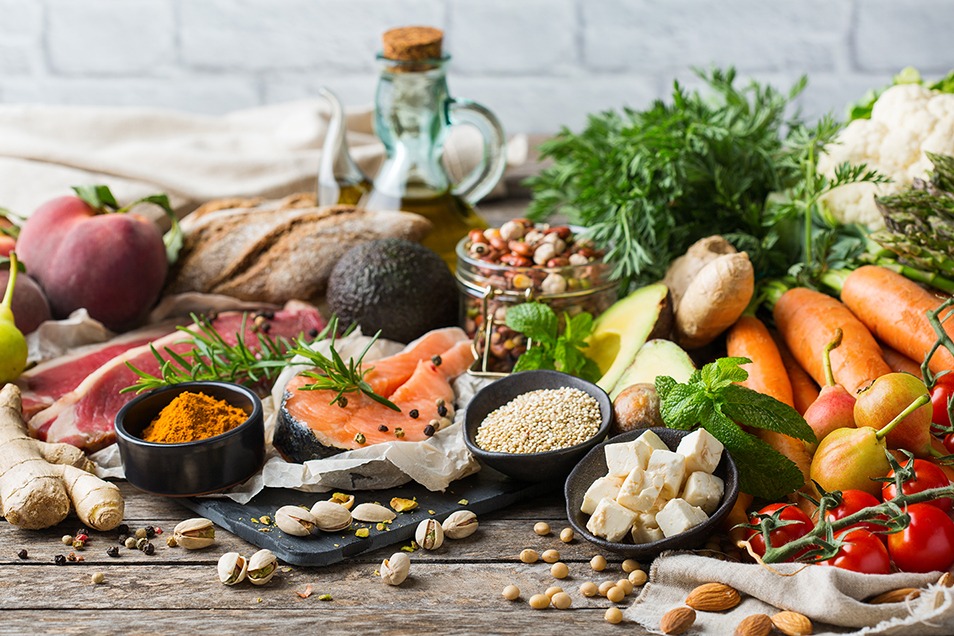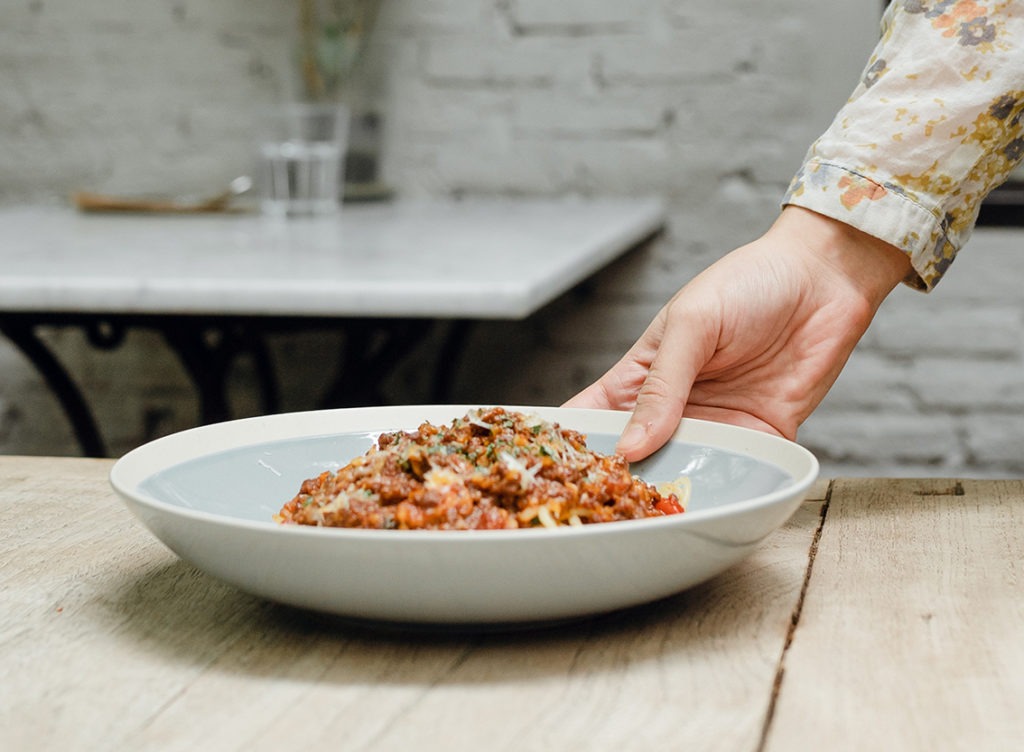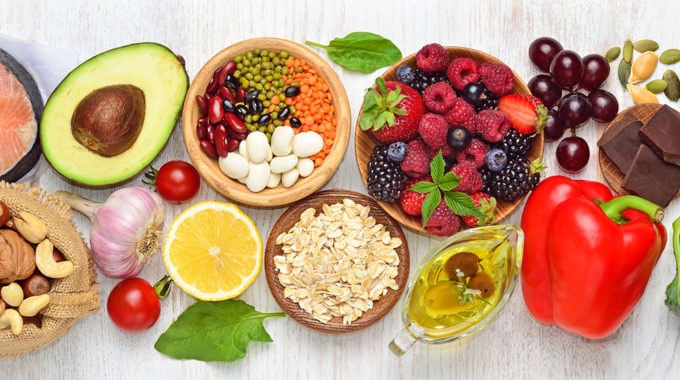How to eat your way to a healthy heart
If you want to maintain a healthy heart, you need to do more than just exercise. You also need to eat the right foods. If you’re not eating to support your heart, over time, this can lead to the development of heart disease risk factors, including weight gain, high blood pressure, high cholesterol and type 2 diabetes.
According to the Global Burden of Disease Study 2017, poor diet is one of the leading risk factors for heart disease in Australia. So it’s pretty important that you know which foods to eat – and which ones to avoid – so you can reduce your own risk of heart disease.
We’ve called on the expertise of nutritional biochemist Dr Beth Steels, who wants to encourage people to become more conscious of the simple, everyday steps we can all take to help maintain a healthy heart. She’s shared some of her top tips on how you can look after one of the most important organs in your body.

Less sugar and more fibre
“We all know the drill when it comes to sugary foods, says Dr Steels. “Banning sweet treats outright is not realistic for most of us, but you do need to have some balance in your diet.”
It can be hard to steer clear of the multitude of sugary foods in the supermarket. Instead, think of them as “once-in-a-while” treats, rather than letting them become part of your food routine. Try skipping the lolly and biscuit aisles altogether so you don’t get tempted. Or shop at a farmers’ market, where there’s an abundance of fresh, whole foods on sale.
As well as cutting down on the sugary stuff, it’s also important to try and get more roughage into your diet. This is something that a lot of Aussies are currently not doing.
“One area most people need to focus on is increasing their fibre intake,” Dr Steels says. “Whole grains are good sources of fibre and other nutrients. These play a role in regulating metabolism and blood pressure and supporting a healthy heart.”
You can up the amount of whole grains you eat by making simple wholegrain substitutions for refined grain products. These are often also high in sugar. Think brown bread instead of white; brown rice instead of white; wholemeal pasta instead of the regular kind.

The Mediterranean diet is king
The Mediterranean diet has consistently been found to help us maintain a healthy heart. This style of eating includes two to three servings a week of fresh fish, as well as plenty of fresh vegetables (including leafy greens).
“Another staple food in the Mediterranean diet which helps to maintain heart health is olive oil,” says Dr Steels. “Adding olive oil to salads provides your body with a range of vitamins and antioxidants. These are known to reduce inflammation and support a healthy heart.

Watch your portion control
How much you eat is just as important as what you eat. As anyone who’s ever been on a diet will know, when you eat more calories than you can burn off, this eventually leads to weight gain. Carrying too much extra weight – especially around the mid-section – can increase your risk of heart disease. So start watching your portions and serving sizes.
“Remember, our eyes are often larger than our stomach,” Dr Steels warns. “Avoid common mistakes like piling your plate and eating portions that make you feel uncomfortably full. An easy way to manage portions is to start using smaller bowls or plates for all your meals.”

Remember antioxidants
Studies have found that the powerful antioxidant vitamin C and fat-soluble vitamin E can help to reduce the risk of coronary heart disease. Diets that are high in antioxidant-rich foods have also been shown to reduce the risk of heart disease.
“Ubiquinol is another useful antioxidant, responsible for boosting energy levels,” says Dr Steels. “As the active form of Coenzyme Q10, it’s found naturally in our bodies and in foods like chicken, spinach, peanuts and sardines. Unfortunately, the amount of ubiquinol can decrease in the body over time. So supplementation is an option that could benefit you.”
For more information on how you can maintain a healthy heart, including nutritional advice, meal plans and recipes, head to heartfoundation.org.au









